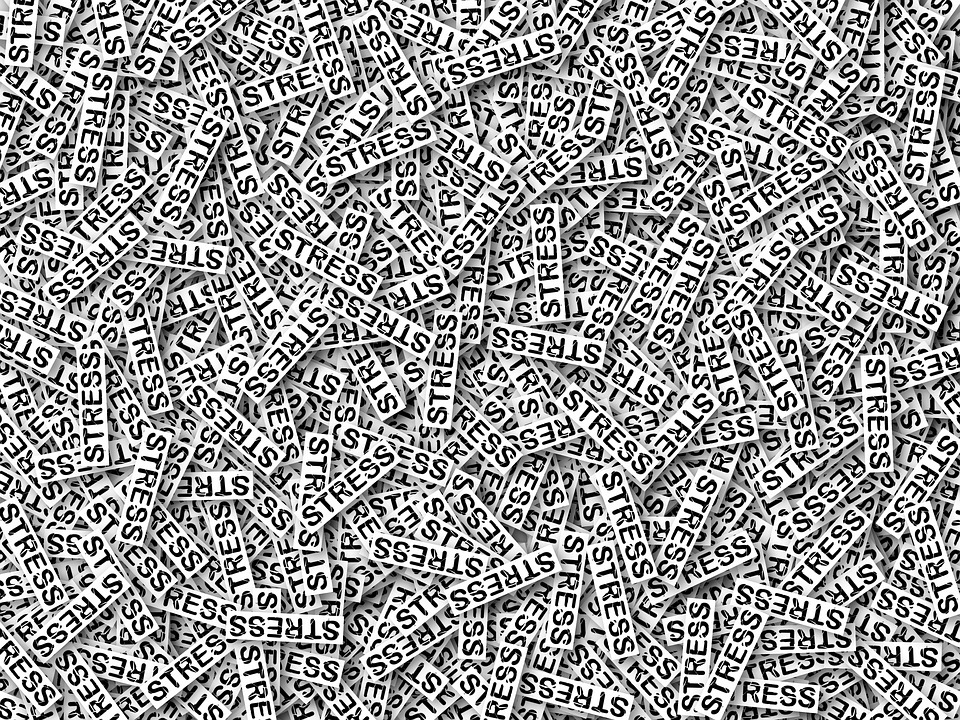One reason it’s difficult to be mindful—i.e., to pay attention to the present moment—is ideology, but not the kind you might be thinking.
Yes, whether you’re a Democrat, Republican, or Independent shapes how you think about politics. But ideology goes much deeper than that.
It’s a set of beliefs about how and why the world works the way it does. It’s often unconscious and less a choice than a preconceived notion, an idea that just seems like “common sense.”
Like, why do dogs pee on trees? To mark their territory, right?
No, dogs pee on things for all kinds of reasons. Some do it to give other dogs information about themselves. Some do it because they feel anxious. And, yes, some do it to stake their claim.
Thinking that dogs must be marking their territory is an example of capitalist ideology.
Before a few hundred years ago, the idea of “private property” didn’t exist. For tens of thousands of years, humans roamed Earth as hunter gatherers with no fixed territory.
Only with agriculture did land become something to measure, control, and claim as “mine.” Even then, individuals didn’t “own” land. Farmland and pasture supported villages, tribes, and peasant communities, and served feudal lords and religious leaders.
Capitalism privatized land, food, housing, health care, and other human needs. So, when we see a dog peeing on a tree, we automatically think it must be marking its territory because that’s what humans do living in capitalism. We “greedily grasp lands,” as the Muscogee Native Americans described European Americans.
Capitalist ideology shapes our thinking in so many ways:
It makes us think that the only path to happiness is to hustle — to never stop working.
It makes us think that people are driven only by competition, and not connection too.
It makes us feel guilty for calling in sick to work.
It makes us think that resources are not finite and potentially abundant but scarce.
It makes us blame people who have it worse than us for our problems — often because of their skin color, nationality, or gender.
It makes us think that downing Nyquil is how to cure a cold because we’ve got work tomorrow.
It makes us think that emotions are only valuable in our private lives and not at work or in public.
It makes us praise kids conditionally, only if they behave how we want them to.
It makes us think that one day we’ll be rich too.
It makes us think that if we just have the right morning routine—or diet or workout regimen or—we’ll finally be successful.
It makes us scared to quit a job we hate until we’ve got another lined up.
It makes us judge those who suffer—addicts, the homeless, the incarcerated—for making “bad” choices.
It makes us judge ourselves for not working hard enough, for not paying attention, for not having the right body, for not having enough money, for…
Mindfulness can’t change society—it’s an individual practice. But it can help us avoid falling hook, line, and sinker for the dominant ideologies of our time, like capitalism, white supremacy, and patriarchy.
Then, we can get to work together to change the society.
As Zen priest and meditation teacher angel Kyodo williams says, the mind is like “that drawer that collects everything in your house.”
“You say, ‘Oh, but wait a minute, someone lived in this house before me. And some of that stuff is not mine. Actually, this is not mine. That’s my mom’s. This is not mine; that’s the inheritance of white supremacy.’ And we have no real way of being able to discern what is mine, what is yours, what we’re holding collectively, what I have inherited, what I have taken on as a measure of protection, of a way to cope at some point in my life. [Meditation] lets us begin to do that.”
Want to be more mindful?
I’ve come up with a cheat sheet to help you start and stick with a regular meditation practice. Get it for free here.
Meditation for the 99%
On Meditation for the 99%, I take meditation out of faraway monasteries, expensive retreat centers, and Corporate America, and bring it to work, relationships, and, especially, politics. Listen everywhere podcasts are available.
Podcast: Play in new window | Download
Subscribe: Apple Podcasts | RSS | More
